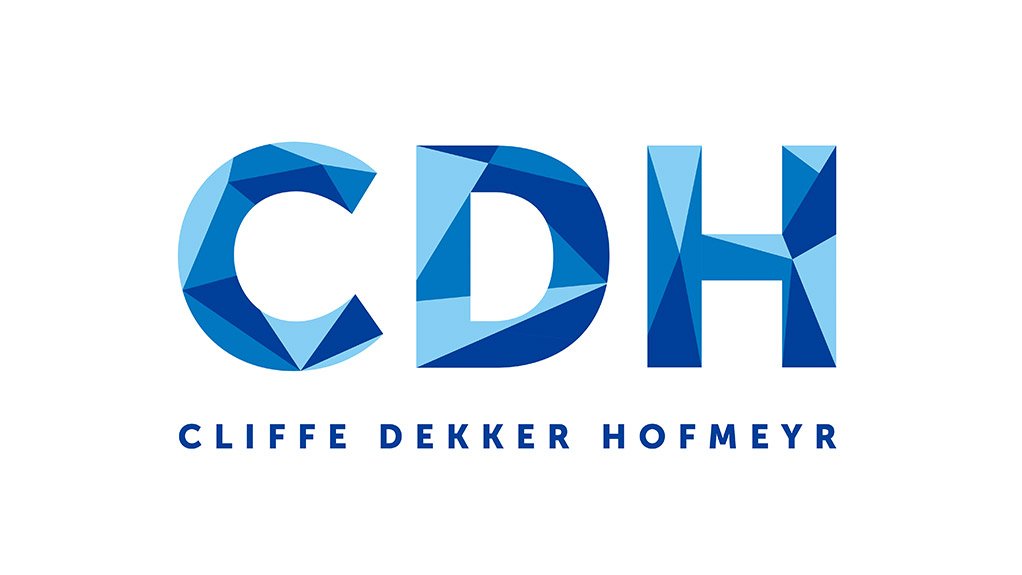Section 189A of the Labour Relations Act, No 66 of 1995 (LRA) enumerates the rules applicable in large scale retrenchments. Employees who are retrenched in terms of a retrenchment process pursuant to s189A have the right to challenge both the substantive and procedural fairness of their dismissals. They can do so through adjudication or strike action. South Africa has seen a limited number of strikes as a result of retrenchments.
Section 189A provides for a bifurcated process in terms of which separate remedies are created to challenge substantive fairness and procedural fairness. Where the procedural fairness of a mass retrenchment is challenged, it is necessary for the employees to bring an application (motion proceedings) to the Labour Court in terms of s189A(13). Action proceedings are not permitted to deal with procedural challenges.
However, when a dismissal is alleged to be substantively unfair, employees may choose to further their interests by resorting to strike action, alternatively, by referring a dispute to the Labour Court for adjudication. If employees elect to challenge their dismissals by referring a dispute to the Labour Court regarding whether there was a fair reason for their dismissals, such employees are precluded from embarking on strike action in respect of that dispute.
The intention of s189A of the LRA is to exclude procedural issues from the determination of substantive fairness where the employees have opted for adjudication rather than industrial action, providing instead for a mechanism to pre-empt procedural problems before the substantive issues become ripe for adjudication or industrial action.
In the recent decision in SACCAWU and P Dzivhani and 12 others v Southern Sun Hotel Interests (Pty) Ltd, the employees elected to refer a dispute to the Labour Court (as opposed to embarking on strike action) in order to challenge the substantive fairness of their dismissal. They had also brought an application to challenge the procedural fairness of the retrenchment process. The employees then applied to consolidate the referral (challenging substantive fairness) and the application (challenging procedural fairness) in order for the two issues to be heard simultaneously.
The court found that the consolidation or any other co-hearing of the procedural and substantive challenges raised in large scale retrenchments is impermissible in terms of the LRA. While consolidation of connected claims is provided for in the Labour Court Rules, where a statute prevents consolidation, it is unnecessary to even decide whether the conditions under the rules for consolidation apply or not. Accordingly, the court found that it lacked the jurisdiction to order consolidation even if it was convenient to do so and would not prejudice the employer.
Employees are therefore obliged to pursue separate procedures in order to challenge the substantive fairness of their dismissals on the one hand and the procedural fairness of their dismissals on the other. In addition to that, when challenging the substantive fairness of their dismissals, employees are provided with an election between embarking on industrial action and referring a dispute to the Labour Court for adjudication. When employees make an election to refer a substantive fairness dispute to adjudication before the Labour Court, they may not embark on strike action in relation to that substantive fairness dispute.
Written by Kirsten Caddy and Aadil Patel, Cliffe Dekker Hofmeyr
EMAIL THIS ARTICLE SAVE THIS ARTICLE
To subscribe email subscriptions@creamermedia.co.za or click here
To advertise email advertising@creamermedia.co.za or click here











